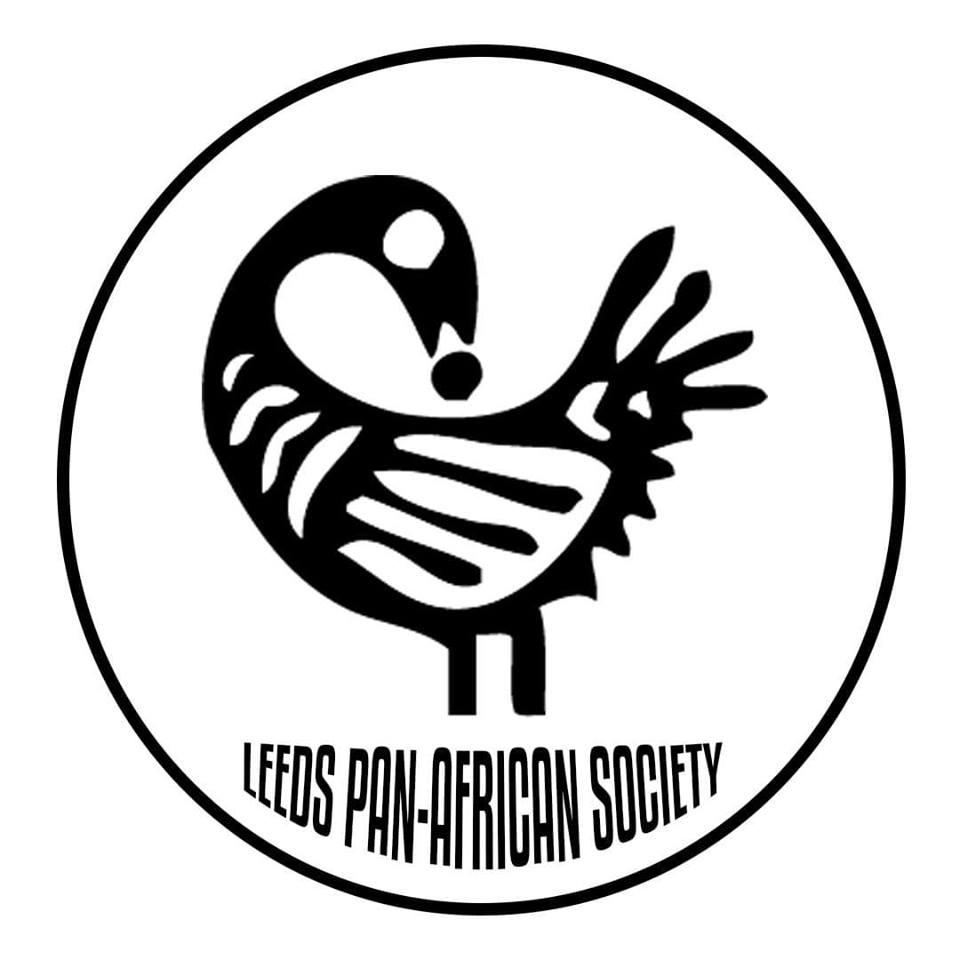Sifuma Wekesa – Vice President of the Pan-African Society – discussed decolonisation, education, and the founding of one of LUU’s newest societies
Coming into concept in February 2019 and becoming official during October 2019, LUU’s Pan-African Society aims to welcome African students looking for community, as well as to create a space for education. Alongside Sifuma, those also involved in its conception were Aysha Burton, Carolina Hall-Rodriguez and Kay Sihanya.
Sifuma explained that it “developed out of a lot of different desires” from his own interest in Pan-Africanism and the exclusion students can face if they don’t fit into existing African societies. He pointed to the lack of awareness and support for issues faced by African students. They were also spurred by the desire to educate students on notable Pan-African intellectuals and their ideas.
“We want to be a society where all African people feel welcome and can make friends,” Sifuma said. He went on to explain that ideas of egalitarianism and human rights were incorporated into the core of the society to prevent gatekeeping, and therefore create a truly welcoming atmosphere.
Pan-Africanism itself is the belief that “African people, both on the continent and in the diaspora, share not merely a common history, but a common destiny.” For the Pan-African Society, this means fighting issues facing Black students on campus: issues such as eurocentrism, poor mental health provisions, and the prevalence of the ‘social myth’.
A phrase first used by Walter Rodney to describe the Jamaican government’s attempts to hide racial tensions in the country, Sifuma redefined Pan-Africanism to apply the idea to the wider world.
A new “social myth” is the attempt to create an image of a “harmonious multicultural global society” while whitewashing systemic racism.An important aim for the Pan-African Society is challenging this myth, as well as decolonising the curriculum to combat the Eurocentric ‘distortions’ that erase the academic contributions of people of colour.
Alongside academic decolonisation, Sifuma also hopes the society can create a bigger stage for African perspectives and push the university to take African interests more seriously – especially regarding mental health services.
“I’ve heard testimonies from a few people about how the mental health services available to them were often unfamiliar with the issues faced by people from other cultures,” Sifuma said. She added that the problems around cultural differences and mental healthcare were the primary reason in the inclusion of a Wellbeing Officer position in the society.
Hoping to function as a space to train future leaders and help solve African problems, the Pan-African Society intends to hold educational events such as discussions and reading groups.
However, their focus isn’t solely educational – they also want to celebrate African culture and community through other events. These include an upcoming society social, a hopeful Fruity takeover and a plan to “hold at least one major cultural showcase event.”
If you’re interested in getting involved with the Pan-African Society, be sure to visit their Facebook page for more information, especially as they’re currently looking for people to fill open committee positions.

